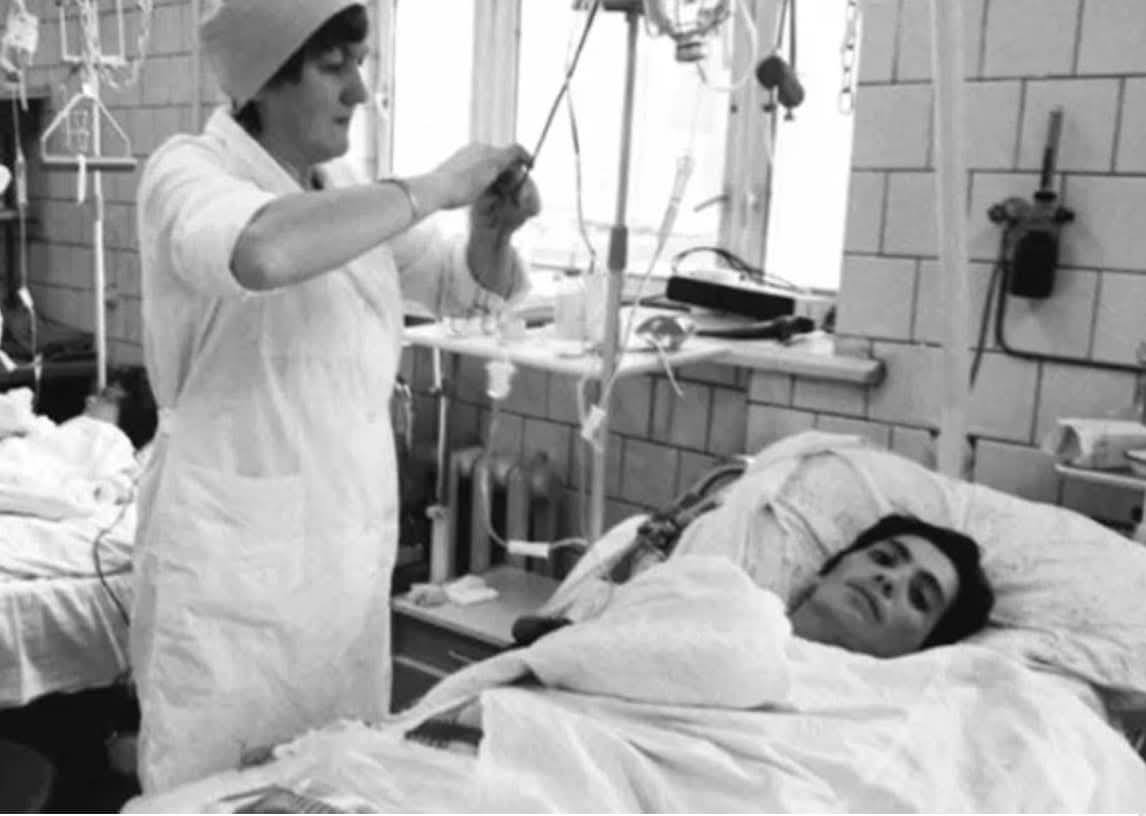Here’s what I found: the astonishing story of Nadezhda Lebedina—a Soviet woman said to have fallen into a «lethargic sleep» for 20 years—does indeed appear across multiple Russian-language sources. Reports describe how, following an emotional quarrel with her husband in 1954, she slipped into a state where she neither woke up nor responded physically, yet continued to breathe, requiring artificial feeding and round‑the‑clock care. She supposedly awoke only in 1974 upon learning of her mother's death—and rapidly aged by 20 years in a matter of weeks.
While widely circulated in media and blogs, the case is not supported by peer‑reviewed medical literature or authoritative historical records—no Russian or Ukrainian scientific papers, psychiatric records, or credible archives have been cited in these accounts. Some sources, like Wikipedia, even note that “lethargic sleep” in the common sense is largely considered fictional or literary, with no confirmed cases beyond embellished anecdotes. Thus, while the story is prevalent online and resonates deeply, it's likely apocryphal or at least undocumented in rigorous terms.

Story
In one of the most chilling tales to ever surface from 20th‑century Soviet folklore, Nadezhda Lebedina—an ordinary housewife from a quiet village in Dnepropetrovsk—allegedly fell into a silent, unresponsive slumber in 1954. She cried herself to sleep after yet another brutal argument with her husband… and never woke up.

For twenty years, Nadezhda lay in a vegetative, “lethargic” state: neither comatose in the traditional sense nor deceased. This bizarre condition baffled local doctors, who transferred her to a psychiatric clinic. She was fed through a tube, kept alive under constant supervision, and even diagnosed (perhaps hastily) with schizophrenia, drawing parallels to an earlier case described by Pavlov—an Ivan Kachal'kin who supposedly slept for 22 years.

Her story might have ended in tragedy—but in 1974, Nadezhda supposedly “awoke” when she heard the heartbreaking news of her mother’s passing. She opened her eyes, shed tears… and asked, “Is mother dead?” She was bewildered to learn that she had missed two decades of life, unable to believe that what felt like “just yesterday” had actually stretched across years. As doctors watched in astonishment, she aged rapidly in a matter of days: hair turned gray, wrinkles etched across her face—and she had to relearn how to walk and eat like a newborn child rediscovering the world .
Yet, against all odds, Nadezhda rebounded. She embraced her life anew, reconnected with her daughter (now grown), and lived another 20 years—passing away in 1994 around the age of 74 .

Medical mystery—or legend?
No credible medical evidence confirms this ever happened. Experts today largely consider “lethargic sleep” a centuries‑old myth—an idea popular in literature but unsupported in documented clinical practice. Wikipedia even marks prolonged lethargy as more fictional than factual, citing the human body’s inability to survive long-term unconsciousness without modern medical intervention .
Whether Nadezhda Lebedina was a real person who endured an unfathomable medical enigma… or a compelling urban legend born from the Soviet era’s thirst for dramatic stories remains unanswered. What’s not in dispute, though, is how deeply this tale grips the imagination: a story of trauma, survival, and the eerie passage of time—and a harsh reminder that sometimes, reality can feel more incredible than fiction.
Sources:
-
Kulturologia article on Lebedina’s life and condition kulturologia.ru+1
-
Life.ru profile of the story and aftermath life.ru
-
RIA Novosti summary of the case and rapid aging phenomena РИА Новости
-
Stena.ee blog recounting the full narrative stena.ee
-
“She slept 20 years” report on lethargic dormancy and details aif.by
-
Wikipedia context on lethargic sleep and skepticism about its reality Википедия
-
Wikipedia entry on lethargic encephalitis as medical background on lethargy phenomena Википедия

